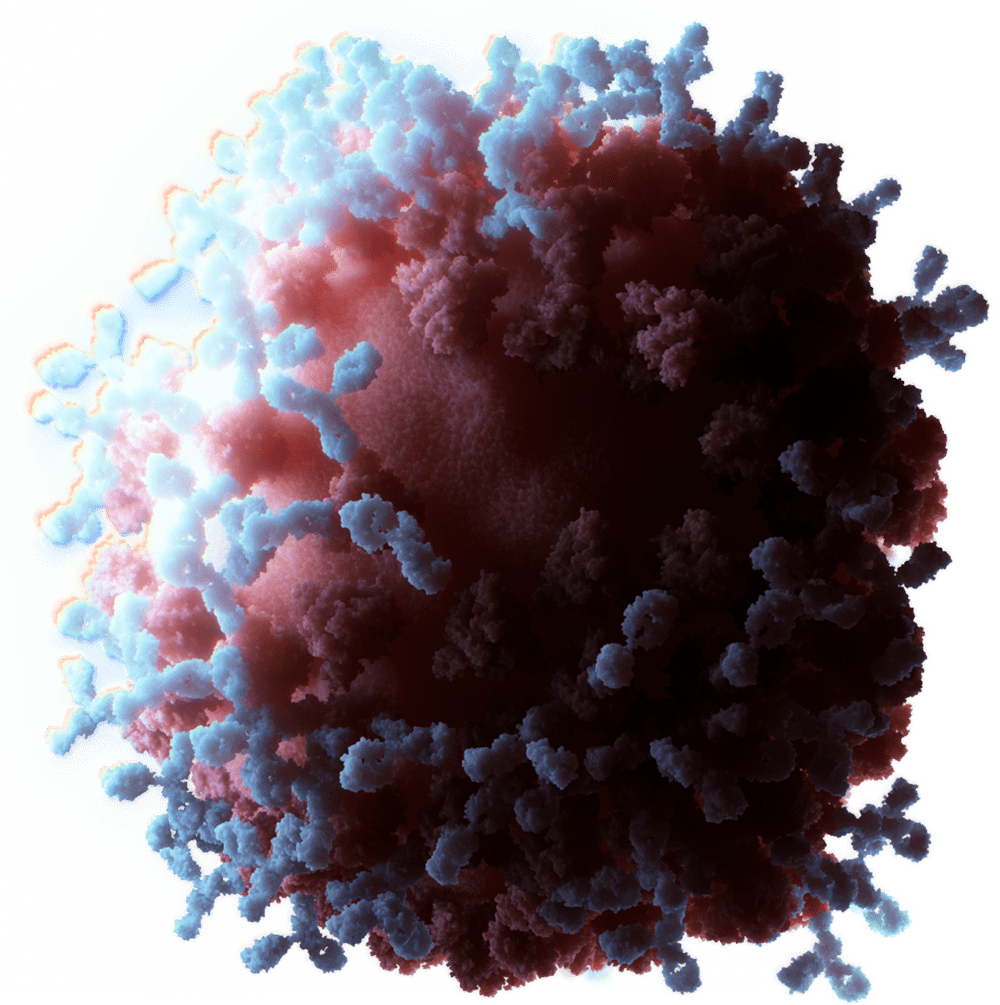By Grace Hamilton, Ph.D.
Regenerative medicine is a field of translational research with a tantalizing promise: that our bodies could be convinced to heal themselves–– that damaged or diseased tissues could be replaced not with synthetic facsimiles, but with real, living cells. It is a field with tremendous potential to alleviate human suffering, and it is being researched right here in the Department of Biochemistry.
Professor Andrea Wills and Professor Hannele Ruohola-Baker are two of the scientists leading regenerative medicine research in our department. In some ways they bring opposite perspectives to the study of regeneration: one came to regenerative medicine from the field of embryology, the other from the field of aging.
 Throughout her career, Professor Wills has studied development and regeneration. Her lab now uses a model organism in which the two processes are powerfully connected. The African clawed frog, Xenopus tropicalis, can regenerate many tissues, including the spinal cord, as tadpoles. But over the course of metamorphosis into adult frogs, this regenerative capacity is lost. The regeneratively “competent” tadpole and the non-regenerating adult frog that it becomes have the same genome, but radically different capabilities when it comes to regeneration. So what has changed? What factors permit or constrain regeneration in different tissues? Can you teach an old frog new (regenerative) tricks? Could those same tricks someday be used to expand the human capacity to regenerate? These are the questions being explored by Wills Lab.
Throughout her career, Professor Wills has studied development and regeneration. Her lab now uses a model organism in which the two processes are powerfully connected. The African clawed frog, Xenopus tropicalis, can regenerate many tissues, including the spinal cord, as tadpoles. But over the course of metamorphosis into adult frogs, this regenerative capacity is lost. The regeneratively “competent” tadpole and the non-regenerating adult frog that it becomes have the same genome, but radically different capabilities when it comes to regeneration. So what has changed? What factors permit or constrain regeneration in different tissues? Can you teach an old frog new (regenerative) tricks? Could those same tricks someday be used to expand the human capacity to regenerate? These are the questions being explored by Wills Lab.
 In contrast, Professor Ruohola-Baker works primarily with human stem cells, although early work examined the stem cells of geriatric fruit flies. She has long been fascinated by the ability of stem cells to give rise to all the many tissues types of an adult body. Her lab is also interested in quiescence, a state of stem cell dormancy that can represent either a temporary response to injury or a permanent loss of stem cell regeneration believed to cause many of the ill effects of aging. Her work with stem cells is thus directly relevant to many of the most pressing challenges in human health, including aging, cancer, and cardiovascular disease.
In contrast, Professor Ruohola-Baker works primarily with human stem cells, although early work examined the stem cells of geriatric fruit flies. She has long been fascinated by the ability of stem cells to give rise to all the many tissues types of an adult body. Her lab is also interested in quiescence, a state of stem cell dormancy that can represent either a temporary response to injury or a permanent loss of stem cell regeneration believed to cause many of the ill effects of aging. Her work with stem cells is thus directly relevant to many of the most pressing challenges in human health, including aging, cancer, and cardiovascular disease.
Both of these brilliant scientists are doing exciting work to understand what allows cells and tissues to be regenerative, and I was happy to hear about all of it. To hear my full interviews with Professors Wills and Ruohola-Baker, search for the official Biochemistry Department podcast, “Phosphorus” in the Apple Podcasts app or Spotify.
